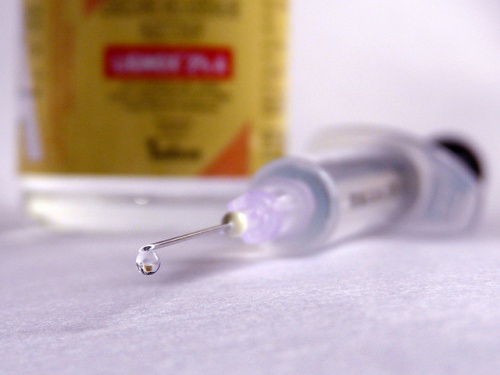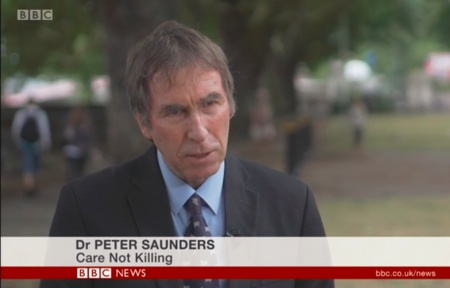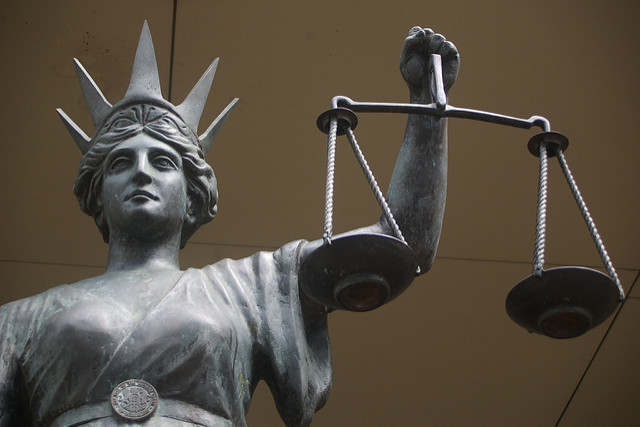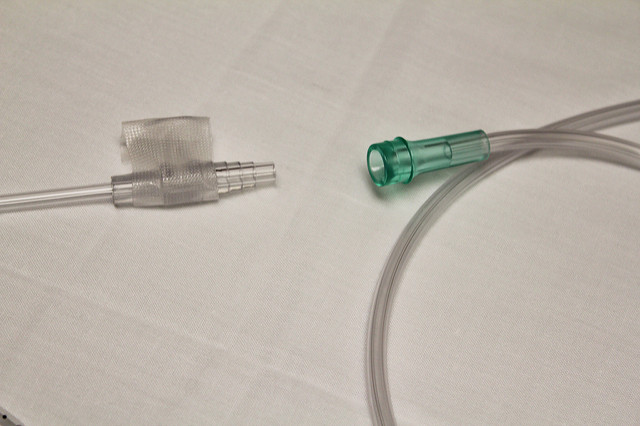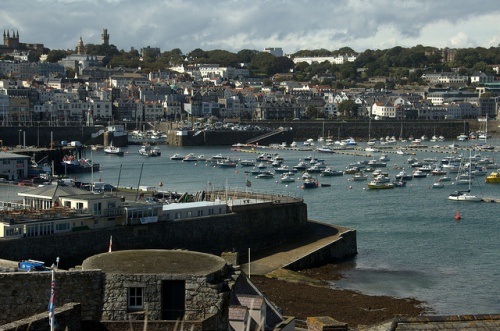The implications of the Supreme Court's ruling on Monday that the Court of Protection need no longer be consulted before clinically assisted nutrition and hydration (CANH) is withdrawn from patients with prolonged disorders of consciousness (PDOC), where doctors and families agree, will take time to be fully understood. Nikki Kenward of the campaign group Distant Voices, writing in the Daily Mail, offered her perspective as a former patient:
'Nearly three decades ago, I found myself suddenly locked into agonising immobility, with my whole body paralysed except for my right eyelid. If the Supreme Court decision had been made before I went through my terrifying ordeal, it could have been me that faced death by dehydration and starvation. What this nightmare taught me was not only to cherish the preciousness of life, even when trapped in an immovable state, but also to see the dangers of allowing the medical profession to wield untrammelled authority.
'It was in 1990 when the blow hit me. I was enjoying life to the full, as a wife and a mother to a one-year-old son Alfie, and as a therapist and lecturer.
'One day, I contracted what at first I thought was flu. I had actually been struck down by a severe strain of a virus called Guillain-Barre Syndrome, which, by stopping the muscles from working, has much the same impact as motor neurone disease. Within 24 hours I was in intensive care, unable to breathe without a ventilator. Half blind and devoid of speech, I was helpless — like a piece of alabaster. Yet throughout, I was still conscious and could hear voices and feel agonising pain in my body. I had to endure this condition in hospital for five months, and was only able to communicate after I eventually learnt how to flicker my eyelashes.
'If someone had asked me before I was stricken with the virus whether I would have been able to endure such a quality of life, I might have said no. But I was determined to hold on because I so wanted to be with my son and husband. Even in the darkness, my love for them was the light that gave me purpose.
'When I was finally released from hospital, after nearly six months, there were still tough times ahead. It was two years before I was even able to pick up a cup of tea, and my husband had to give up work to become my full-time career. I remain confined to a wheelchair, though the biggest obstacles I face are the attitudes towards disabled people, where we are too often seen as a burden on society. Such an attitude will only have been inflamed by the Supreme Court judgment, with its inference that a life of severe impairment is not worth living. In the brave new world fostered by the assisted dying movement, it seems that only the fit and well really count.'
Nikki goes on to discuss, the difficulty facing even specialists in understanding the levels of awareness in PDOC patients. The University of Cambridge reported one study she cited thus:
'There has been a great deal of interest recently in how much patients in a vegetative state following severe brain injury are aware of their surroundings. Although unable to move and respond, some of these patients are able to carry out tasks such as imagining playing a game of tennis. Using a functional magnetic resonance imaging (fMRI) scanner, which measures brain activity, researchers have previously been able to record activity in the pre-motor cortex, the part of the brain which deals with movement, in apparently unconscious patients asked to imagine playing tennis... The researchers showed that the rich and diversely connected networks that support awareness in the healthy brain are typically - but importantly, not always - impaired in patients in a vegetative state. Some vegetative patients had well-preserved brain networks that look similar to those of healthy adults.'
Nikki goes on:
'The high level of flawed diagnoses in such cases has huge implications. Firstly, it makes a nonsense of the notion that there is anything painless about this type of killing. The assisted dying brigade talk about 'dignity in death', but what could be more cruel that starving a person who is still conscious of nourishment and water. It is a terrible way to go; a form of slow torture.
'Secondly, in view of the limits of our medical understanding, we should still be profoundly wary of making doctors the key arbiters in this process. Most doctors and nurses are clearly highly professional and conscientious, but there have been appalling scandals over the years — from the horrors of Dr Harold Shipman, who murdered more than 200 of his patients, to the systematic neglect at Mid-Staffordshire hospital which led to hundreds of needless deaths, and the recent revelations about deliberate drug overdoses which shortened the lives of 450 patients at Gosport War Memorial Hospital. We should also recognise that even if the medical professionals are not being wilfully dangerous, they are under tremendous pressure within the NHS because of limited funding.'
Nikki concludes:
'This is not civilization but barbarity. It is not what we need in Britain. We need more legal restraints, not fewer. The Supreme Court's ruling represented a dark day for our nation's morality.'






